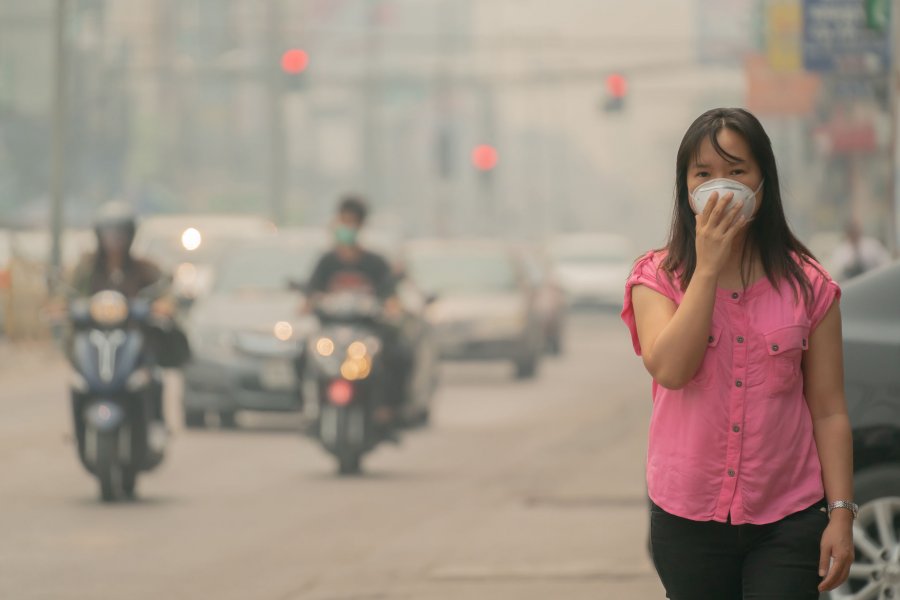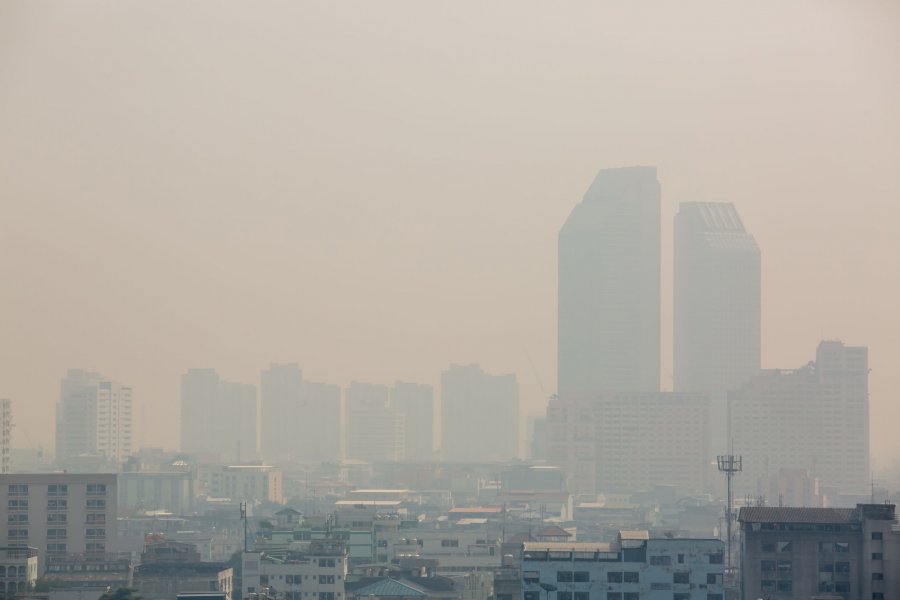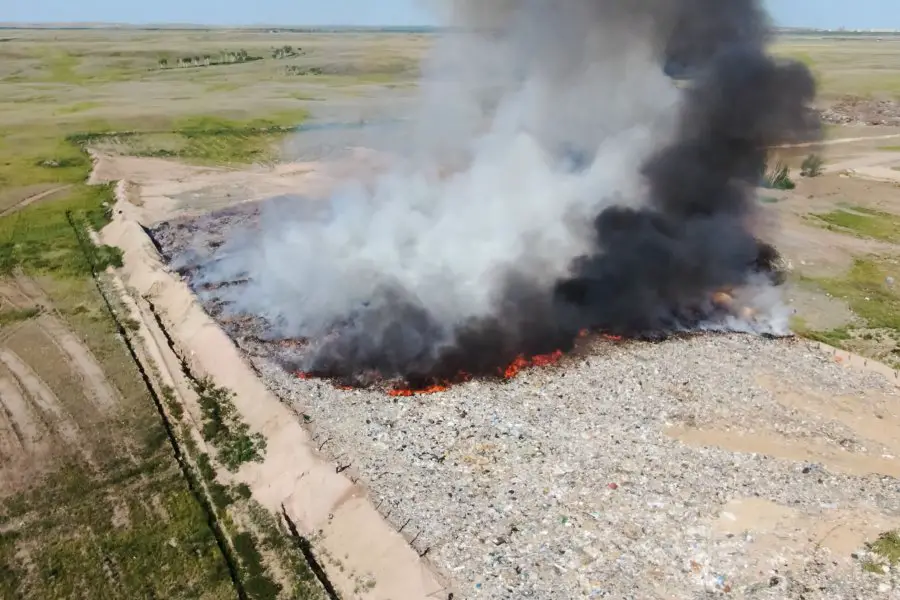Scientists Find Plastic Waste Is Also Polluting The Air Not Just The Oceans
Tags: opinion

New research has recently discovered the connection between the thick smog of Delhi with the burning of plastic wastes.
Our oceans are brimming with plastic waste and have now become an immediate issue for mankind. On the other hand, the scientists have now come up with findings whereby they discovered the fact that plastics are not only a source of water pollution in all parts of the world but also creating air pollution across India as well.
For the past few years, the researchers have been confused about the reasons for the generation of frequent and thick smogs in the capital city of Delhi. In addition, they were also puzzled as to why Delhi is more prone to dense smog as compared to the cities like Beijing.
As a result of extensive study and analysis over several years, scientists have now found out that small particles of chloride that are present in the air are helping in the formation of water droplets. All over the globe, the chloride particles have majorly been found to be in close proximity with the coastal regions due to the reason that there is an occurrence of sea spray.
Nonetheless, the air in and around Delhi and other inland regions in India contains a much higher amount of chloride particles than expected.
Read MICROPLASTICS AND THEIR IMPACT ON HUMAN HEALTH CAUSES CONCERN AND REQUIRE IMMEDIATE RESEARCH
Plastic Waste Creating Thick Smog’s

Image Credit: Koonsiri Boonnak
In the preliminary stages, the sources had considered the illegal factories that basically recycle electronics near Delhi to be the main cause of the thick smogs. This is because these factory units make use of very powerful hydrochloric acid for the purpose of cleaning as well as processing metals.
Although there is no denying that these factories greatly contribute to the problem of smog but new research has brought out another important reason for smog formation.
The scientists studied other pollutants which seem to increase simultaneously with the particles of chloride. This chemical pattern has matched with the household waste burning that contains plastic waste along with plastic burning themselves. The huge quantities of chloride have been predicted to be the major factor for the formation of half of the thick smogs in Delhi city.
Read THIS IS WHAT PLASTIC DOES TO OCEAN LIFE
Open Waste Burning

Image credit: Ludmila Yagovitina
In countries of low GDP, approximately 90% of the waste is dumped or burned in open areas. In case plastic wastes are burned, they quickly reveal their original source that is the oil-based products that generate massive quantities of black smoke.
The data from the contents of the garbage across the world points out that this soot from open burning of plastic waste leads to global warming of almost 2-10% carbon dioxide emission.
Open plastic waste burning also generates enormous quantities of dioxins along with other severely toxic pollutants which enter our food chain. The latest waste incinerators being implemented in Europe and the United Kingdom offer great relief in decreasing toxic emissions. However, open waste burning cannot be prevented so easily.
Indian cities witness large-scale waste burning in the open and at home.
James Allan, a researcher at Manchester University, has recently discovered from his study on India that the excess chloride might be encouraging chemical reactions of various air pollutants. The ozone at the ground-level also adds to this problem all over India. As of now, it is expected that this issue will be decreasing the agricultural yield of the country by 20-30%.
In order to curb this problem and reduce the thick smogs not just in Delhi but all over the nation, it requires urgent elimination of plastic waste pollution and reconsidering plastic use and disposal on a global basis.
Image Featured: Anan Kaewkhammul
Leave Comment: